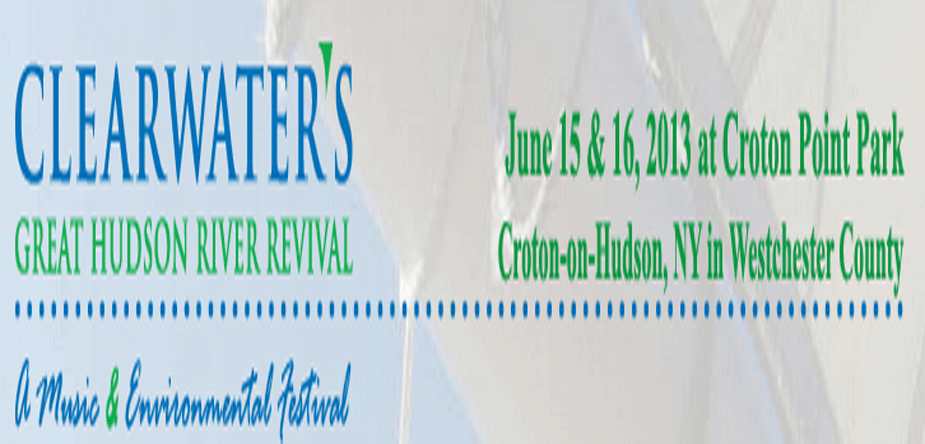- Menu
- Skip to right header navigation
- Skip to primary navigation
- Skip to main content
- Skip to primary sidebar
- All We Need Is Love
- Arts & Leisure
- Communities
- Living-Learning
- Pub. Service
- Live Broadcasts
- Podcasts
- Menu Item
You are here: Home / Public Service / Events / Clearwater Festival Harnesses the Power of the River and the Culturally Vibrant Hudson Valley


